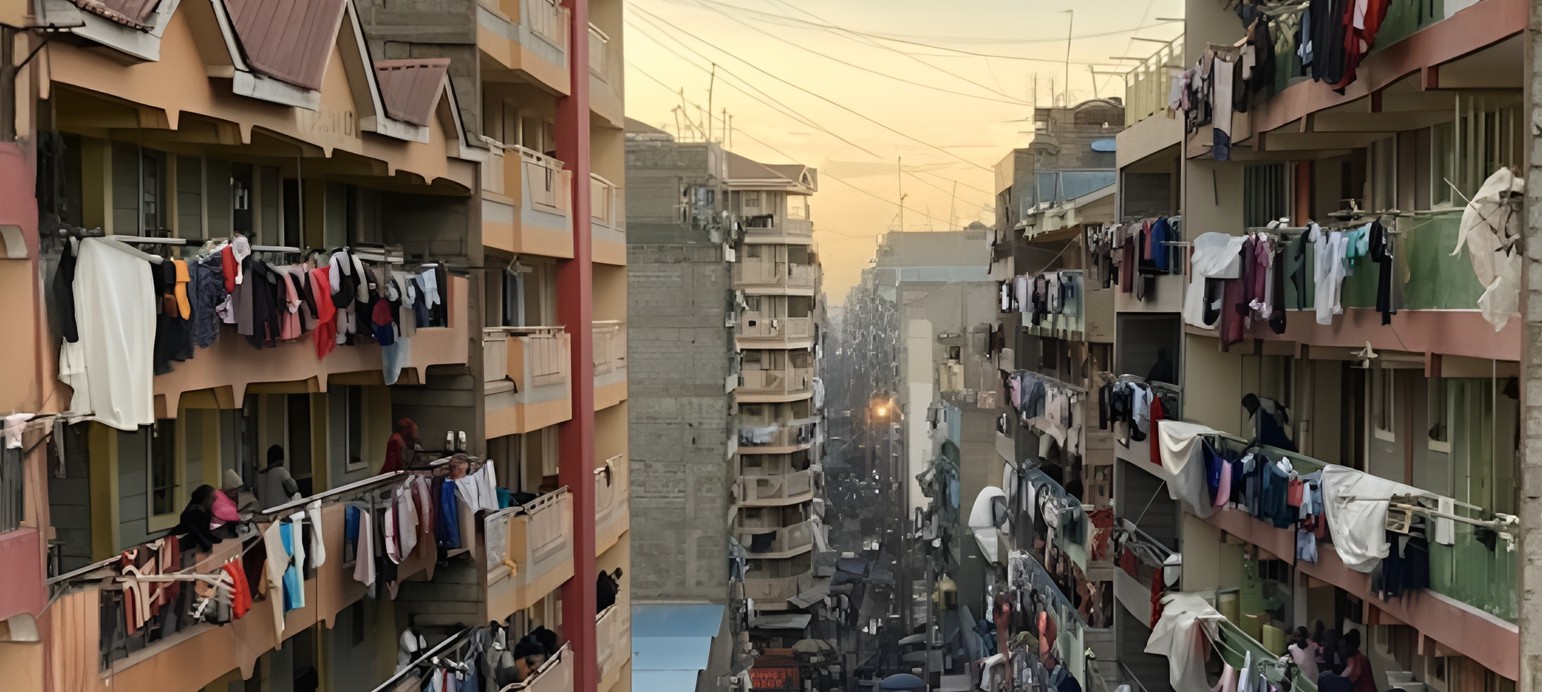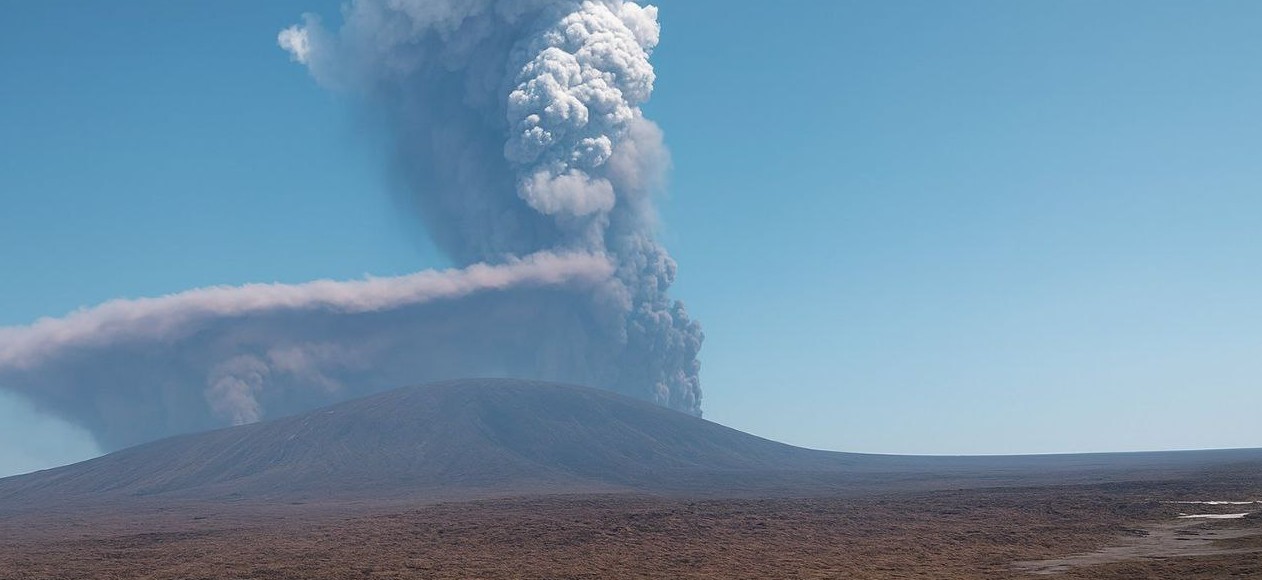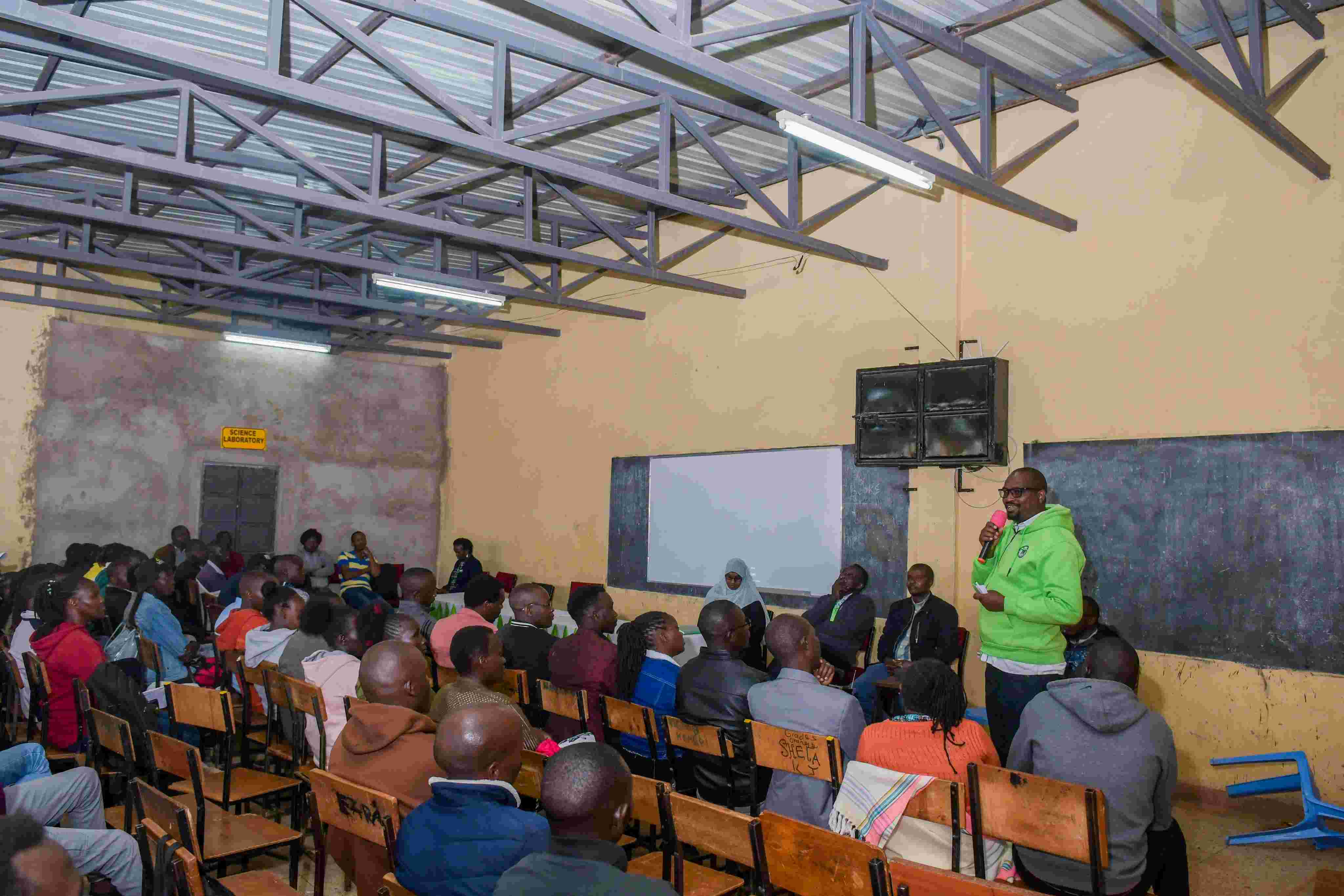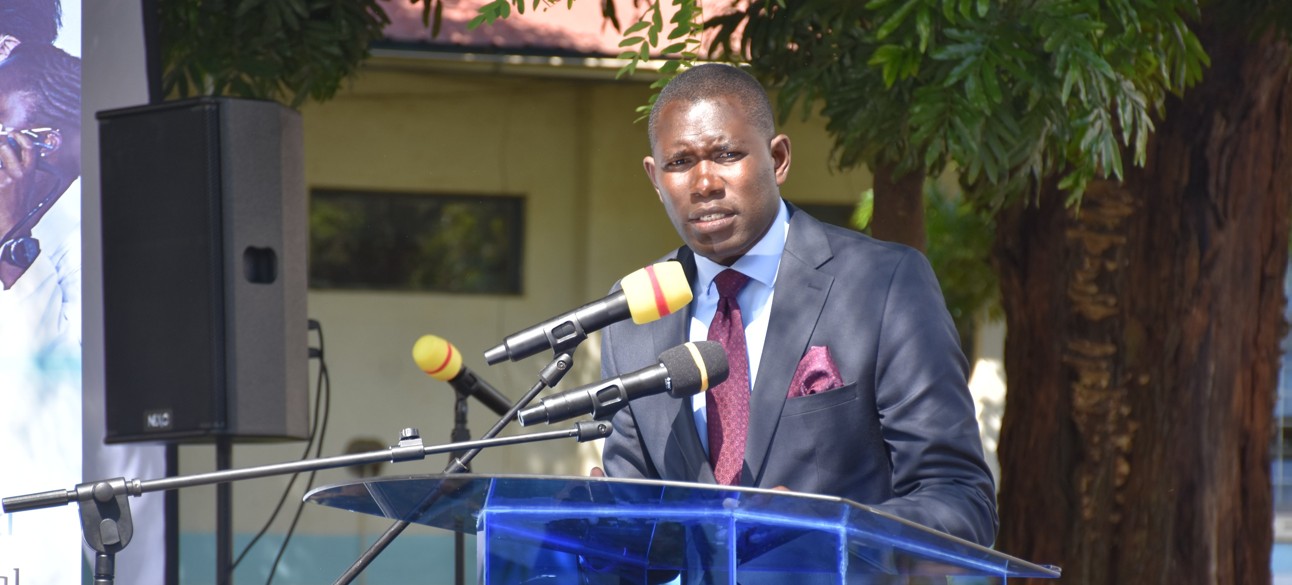OPINION: Muguka ban not enough to address drug abuse menace
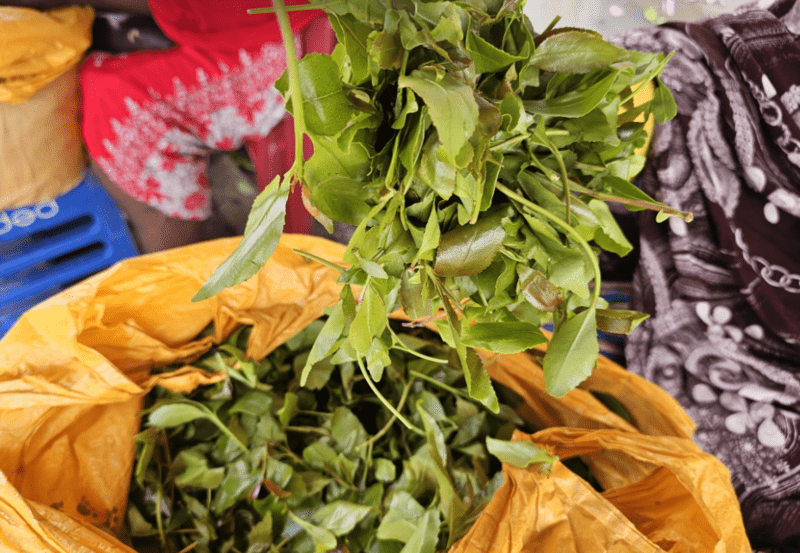
In northeastern Kenya, the situation is dire. The region is grappling with widespread drug abuse, with substances like bhang, cocaine, shisha, and miraa being among the most commonly abused.
The recent ban on muguka by Mombasa, Kilifi, and Taita Taveta counties has sparked significant controversy.
Farmers from Embu and Meru, where muguka and miraa (khat) farming is a vital economic activity, have protested vehemently. They argue that the substance is legal in Kenya and that the ban threatens their livelihoods. They want the national government to intervene and lift the ban.
More To Read
- UK warns citizens visiting Kenya, Uganda of methanol poisoning from fake alcoholic drinks
- KDF recruitment reveals alarming substance abuse among hundreds of Garissa youth
- Kenya raises alarm on surge in synthetic drugs, shifting trafficking trends
- Former Chesumei MP and Boston Marathon winner Elijah Lagat dies
- NACADA, clergy join forces to confront drug crisis at the Coast
- Mombasa experts warn drug abuse and radicalisation threaten literacy progress
But it is not only the farmers who are protesting. Traders in the coastal counties have also taken to the streets, claiming the ban jeopardises their source of income.
While the economic concerns of farmers, traders, and local leaders are valid, the public health risks associated with muguka consumption cannot be ignored. Traditionally, khat has been consumed for many years without raising health concerns. However, recent trends have raised significant public health concerns. There are claims farmers use illegal chemicals to enhance the growth of khat, which endangers consumer health. Meanwhile, consumers have been mixing khat with other dangerous substances, including prescription drugs, increasing health risks.
In northeastern Kenya, the situation is dire. The region is grappling with widespread drug abuse, with substances like bhang, cocaine, shisha, and miraa being among the most commonly abused.
The National Authority for the Campaign Against Alcohol and Drug Abuse (Nacada) has highlighted north eastern counties as drug abuse hotspots. The rampant misuse of drugs in this region necessitates urgent intervention.
The region is a conduit for smuggling bhang from Ethiopia into other parts of the country, exacerbating the local drug abuse crisis. This illegal trade has devastating effects on the youth, who are increasingly getting addicted. The impact on their health, education, and future is profound and troubling.
Addressing this crisis requires a comprehensive and multifaceted approach. Simply imposing a blanket ban on muguka is not enough. Such measures may push already addicted individuals to more dangerous and readily available illicit drugs. To effectively combat the drug abuse menace, it is crucial to recognise that both the use of muguka and other drugs are symptoms of deeper societal issues.
One immediate step is to regulate the cultivation and sale of khat and muguka. Farmers must be educated and strictly monitored to ensure they do not use harmful chemicals. Violators should be heavily penalised. Those dependent on farming and selling khat and muguka should be offered alternative means of earning a living including vocational training and support to start small businesses.
Public awareness campaigns are essential to educate people on the dangers of drug abuse. These campaigns should involve religious leaders, NGOs, political figures, elders, youth leaders, and law enforcers. Creating awareness about the risks of drug abuse and promoting healthy lifestyle choices can help deter the youth from falling into addiction.
There is a need for comprehensive counselling and rehabilitation services for drug addicts. Establishing accessible and effective treatment centres can provide the necessary support for individuals seeking to overcome addiction. These centres should offer medical care, psychological support, and social reintegration programmes to help individuals rebuild their lives.
The fight against drug abuse in northeastern Kenya also requires robust law enforcement. Authorities must crack down on drug trafficking networks and curb the smuggling of illicit substances.
This calls for enhanced border security and intelligence gathering to disrupt the supply chains of illegal drugs.
The fight against drug abuse and khat and muguka chewing among our youth is not just a battle for health; it is a battle for our future. We must tackle it with urgency and collective responsibility.
Amina is a health record information officer, social change maker, and programme officer at Northern Frontier Medical Association.
Other Topics To Read
Top Stories Today




